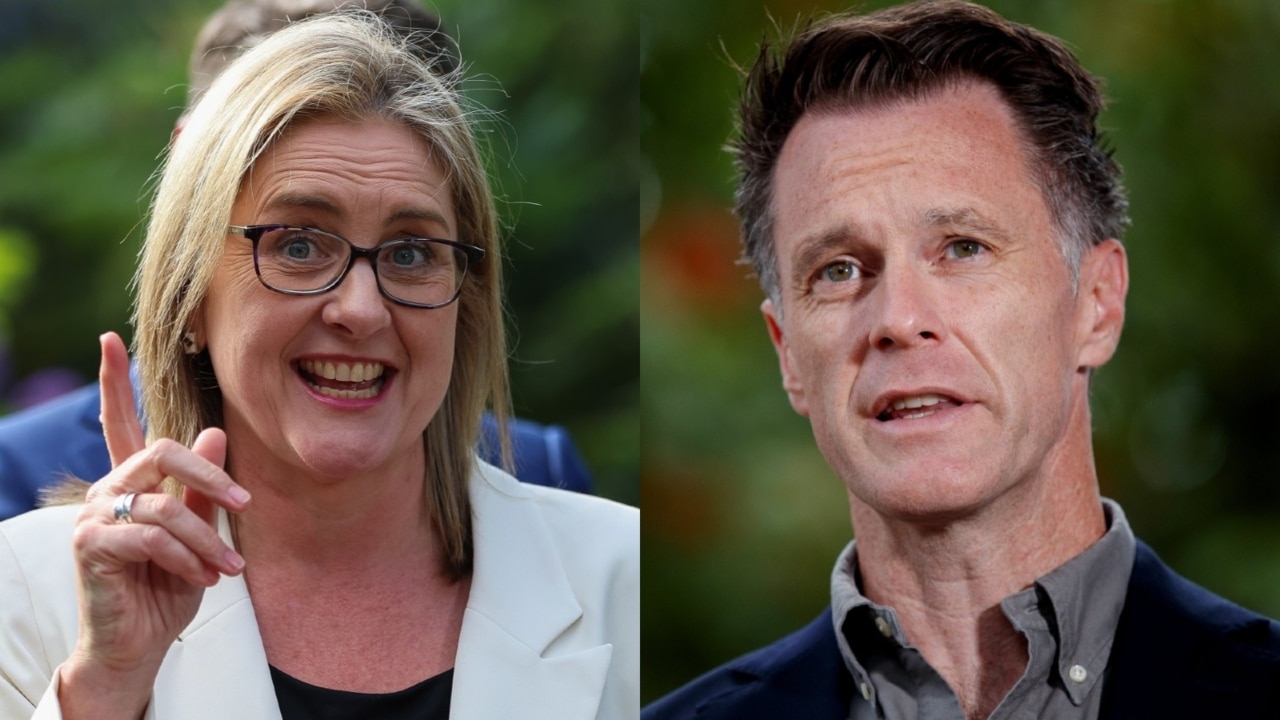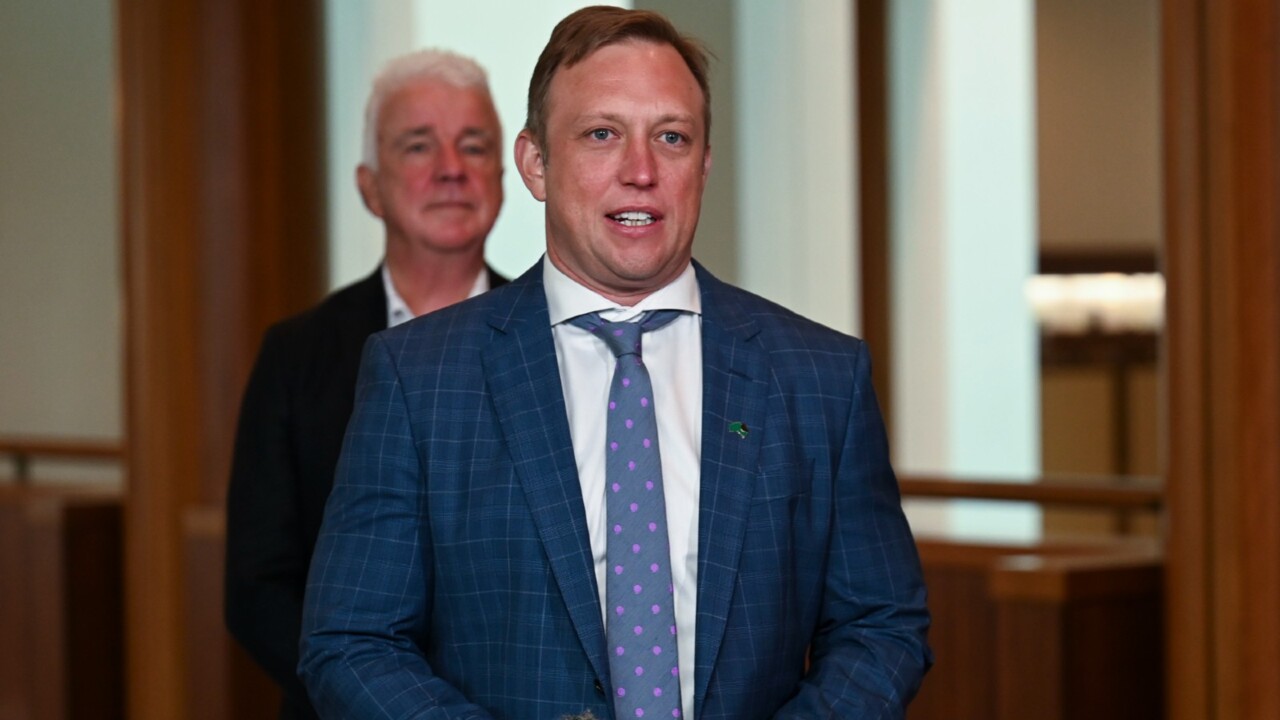‘Sounds like a death knell’: reckoning for NSW parents after Chris Minns’ WFH memo
The pandemic was a great reckoning that allowed bosses to see there was another way. Has anybody thought of the children?

How did it feel for the working families of the NSW public service – mothers and fathers alike – when the NSW Premier’s Department sent its Monday morning memo? I imagine they felt something akin to sinking, something a lot like dread.
Premier Chris Minns has declared a sudden end to the working-from-home arrangements that have persisted well beyond the end of the Covid pandemic restrictions. The party’s over. Time to get back to work, in the flesh.
At this juncture – in August 2024 – many Australians would agree with Minns. The pandemic is over. Broadly speaking it is time to resume normal programming, get back to the water-cooler chitchat and enjoy the camaraderie of colleagues.

But for those with young children at home, I bet it sounded a lot like a death knell. It sounded a lot like the end of something wonderful, something they’d made work for them, that has made their lives manageable, made their kids happier and their wallets heavier.
“On some occasions, NSW government sector work can productively be done from home,” Minns’s memo reads.
“However, that is not available to all (staff) in all circumstances and the opportunity to work from home should not be taken for granted or considered unlimited.”
Strong words, no doubt applicable to many. But I wonder: would any parent take for granted their WFH arrangement? How could they?
WFH has revolutionised the way mothers and a generation of hands-on fathers can achieve a work-life balance beneficial to their productivity (both at home and in the workplace), their physical and mental health, and the relationship they have with their children. It has been a godsend to Australian families and it would be a great shame for the government to lose sight of its wider societal benefits. Benefits that should persist into the future.

Demographer Bernard Salt is a fan of the flexible workplace; he says working from home is the greatest social and cultural transformation in Australia since World War II. In some circumstances it has allowed families to relocate entirely away from the city, escaping the snaking traffic, the unreliable public transport.
These people were priced out of Sydney long ago. WFH has allowed them to take up residency in NSW’s coastal towns and regional centres, to reclaim hours previously lost to the drudgery of the commute or, worse, the lunchtime team-building boot camp.
As women entered the workforce in their droves during the past several decades they had been expected to conform to the long-held and rigid working hours that society developed back when men provided and women looked after the wash. The pandemic was a great reckoning that allowed bosses to see there was another way – all it took was a laptop, a Zoom call and the ping of instant messaging.
Working from home has been a success story for families, and children have been the big winners. More Mum, more Dad, more help with their homework, more after-school sport, more space, more time. This is quality face time over FaceTime.

For parents of young children – whose daily schedule is already a delicately balanced dance of spinning plates and juggling knives (even with the benefits of WFH) – Minns’s missive presents a further logistical challenge they do not need. A challenge where they are required to view their offspring as cargo that must be offloaded, crated about between paid-for carers, grandparents and babysitters.
Many parents will have sat down together on Monday and Tuesday nights in those precious few hours or minutes after the kids had gone to sleep and before their inner motors sputtered to a complete stop. They’ll have fretted and sweated and asked each other pained questions whose answers have inevitable consequences on their finances, as well as already strained extra-familial relationships.
“Do you think we could ask your parents to take the kids after school on Wednesdays?” they asked, before deciding “I’ll have to put the kids’ names down at after-school care”. Then they’ll discuss sacrifices – financial, yes, but also those that are fundamental to a child’s development: “I think I might have to drop down to three days a week”, they decided; or “We’ll have to take them out of swimming lessons for a while.”
Their already scrambled schedules were unscrambled and rescrambled again and again until some semblance of (dis)order was achieved.

The Minns memo made clear that if a public servant wished to work from home they would need formal approval, with workers to give reasons for their need for hybrid arrangements. These would be reviewed regularly.
With an absence of any real detail, we are left to hypothesise about what reasons might qualify a person to be permitted to work from home for one, two or three days. What would it take for a boss to agree to four? Or five? Is simply having children enough to qualify? Is being able to nip out and grab them from school pick-up at 3pm, or to collect them from after-school care shortly after the clock chimes 5pm, a luxury the state of NSW no longer can afford?
Perhaps the Premier should be made to explain to the children of public servants how forcing their mums and dads back to hot desks absent of personal effects, located in downsized offices, an hour or more from home, is a better outcome for them.
For a proportion of the public service, heading back to the office is a much more palatable proposition. For many Zoomers and boomers, DINKs and apparatchiks for whom the journey is short, the pay-off of being back in the office will be high. But the public service must consider the needs of the modern family as it grapples with who to grant working-from-home privileges. Families will neither, as the memo reads, “take it for granted” nor “consider it unlimited”.
Jessica Clement is content director for The Weekend Australian Magazine.






To join the conversation, please log in. Don't have an account? Register
Join the conversation, you are commenting as Logout